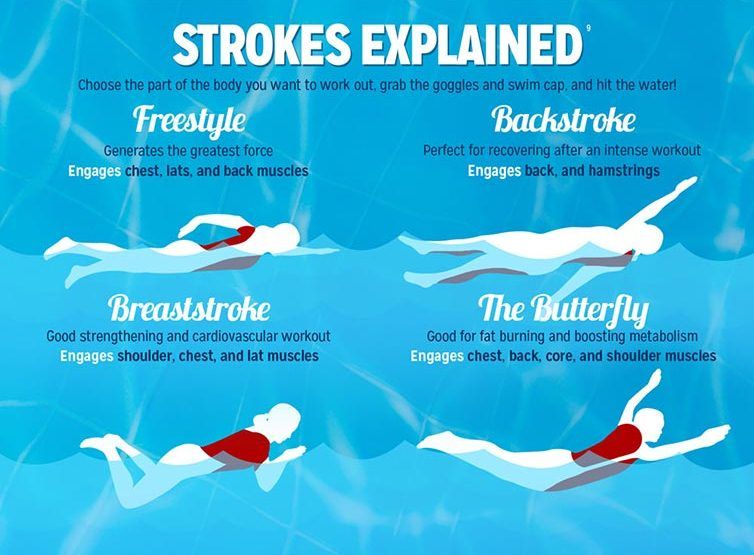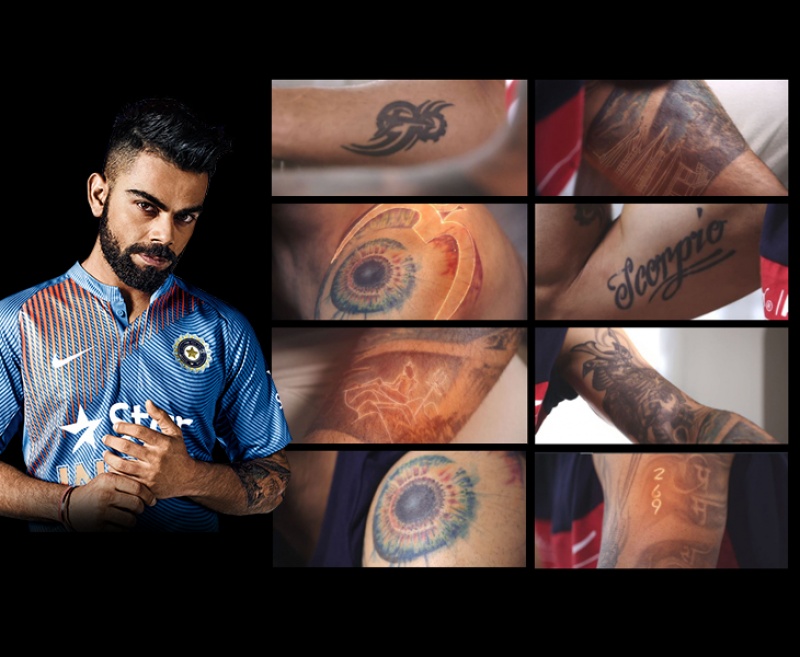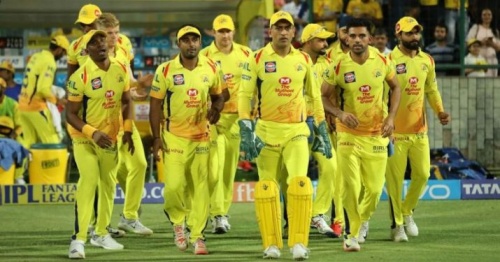
Football (soccer) is one of the oldest sports in the world, however; It is also one of the most famous. The pinnacle of international play comes in the form of the FIFA World Cup. There are also tournaments such as the European Championship, America's Cup, and the African Cup of Nations. At the national level, the strongest leagues come from England (Premier League), Spain (La Liga), Italy (Serie A), and Germany (Bundesliga). The sport is also known as soccer in some parts of the world.The objective of the gameThe goal of soccer is to score more goals than your opponent in a 90-minute period of play. The game is divided into two halves of 45 minutes each. After the first 45 minutes, players will take a 15-minute rest period called the first half. The 45-second minutes will be resumed and the time the referee deems appropriate to add (over time) will be the corresponding time.Players and equipmentEach team consists of 11 players. They are made up of a goalkeeper and ten field players. The dimensions of the field vary from field to field, but it is about 120 yards long and 75 yards wide. On each field, you will have a 6-yard square next to the mouth of the goalie, an 18-yard square surrounding a 6-yard square, and a center circle. Each half of the field should be a mirror image of the other in terms of dimensions.Basically, the equipment you need for a soccer match is a soccer field and a soccer field. Additionally, you can find players wearing matching studded soccer boots, shin guards, and belts. Goalkeepers will also wear padded gloves, as they are the only players authorized to catch the ball. Each team will have a designated leader.ScoringTo score, the ball must enter your opponent's goal. The entire ball must be at stake in order to be a legitimate target. The target can be scored with any part of the body except the hand or arm up to the shoulder. The target itself consists of a tire that is 8 feet high and 8 yards wide.Winning the gameTo win, you have to score more goals than your opponents. If the results are equal after 90 minutes, the match will end in a draw, with the exception of cup matches, where the game can go into extra time and even penalties to determine the winner. Players must use their feet to kick the ball and are prohibited from using their hands other than goalkeepers who can use any part of their body within the 18-yard area (more of which can be found in the next section).Football Rules (Football)A match consists of two 45-minute halves with a 15-minute rest period in between.Each team can have a minimum of 11 players (including one goalkeeper who is the only player authorized to handle the ball within the 18-yard area) and it takes at least 7 players to make up a game.The field should be made of natural or artificial grass. Playgrounds can vary in size but should be 100-130 meters long and 50-100 meters wide. The court should also be marked with a rectangle around the outside showing off-limits, two six-yard boxes, two 18-yard boxes, and a center circle. The point of a penalty kick is placed 12 yards from the two goals and the center circle must also be visible.The ball should have a circumference of 58-61 cm and be circular in shape.Each team can name up to 7 substitute players. Substitutions can be made at any time during the match, each team can make a maximum of 3 substitutions per team. If all three substitutions are made and a player has to leave the field due to injury, the team will be forced to play without a replacement for that player.Each game must include a referee and two assistant referees (line referees). The referee's job is to act as a timekeeper and take any decisions that need to be made, such as fouls, free kicks, throw-ins, and penalties, and add them on time at the end of each run. The referee may consult the assistant referees at any time during the match regarding the decision. The assistant referee's job is to detect offside in the match (see below), take throw-ins for either team, and also assist the referee in all decision-making as appropriate.If the game requires extra time as a result of the two teams being tied in the match, 30 minutes will be added in the form of 15-minute halves after the allocated 90 minutes.If the teams are still tied after extra time, then penalties must be taken.The entire ball must cross the goal line to become a goal.For fouls committed, the player can get a yellow or red card depending on the severity of the foul; This is up to the judge's discretion. Yellow is a warning and a red card is sent off for that player. Two yellow cards equal one red. Once a player has been ejected, he cannot be replaced.If the ball goes out of play from an opponent on either side of the line, it is awarded as a throw-in. If an attacking player goes out of play at the baseline, this is a goal kick. If you come out of the defender it is a corner kick.Offside rule in footballIt can be called offside when the attacking player is in front of the last defender when passing the pass. The offside zone is designed to discourage players from just hanging around the opponent's goal waiting for a pass. To be offside, they must be behind the last defender when the ball is played to them. If the player is in front of the last defender, he will be considered offside and a free kick will be awarded to the defending team.A player may not fall offside in his own half. A goalkeeper is not considered a defense. If the ball is played backward and the player is in front of the last defender, it is not considered an offside.Also Read: Roger Federer chooses rest, withdraws from French Open






